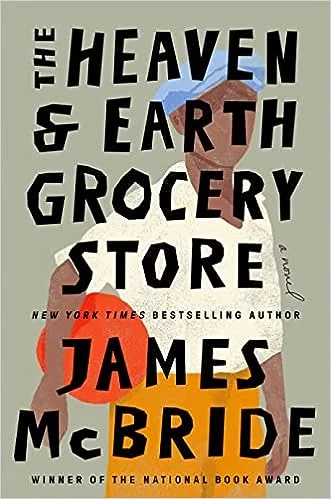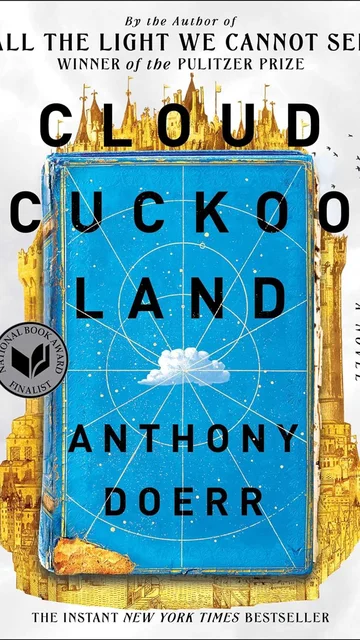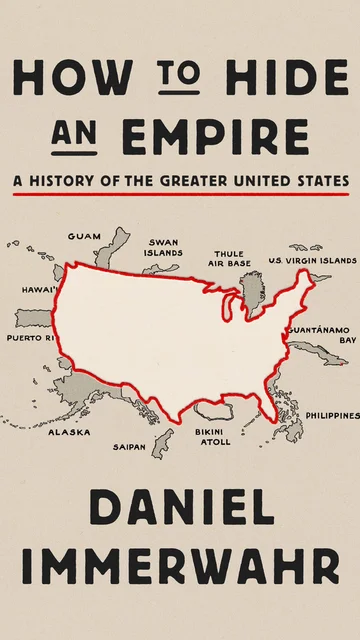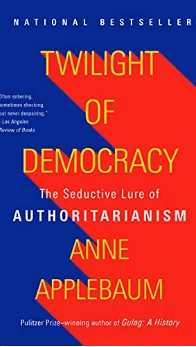
Christmas came early for me this year with a new book from James McBride. Discovering McBride's previous book, "Deacon King Kong", was a bright moment of happiness amidst the uncertainty and anxiety of the COVID lockdown. Like any newly bedazzled fan, I proceeded to read everything else he has written and loved it all. Underlying all McBride's stories is an overwhelming sense of joy in even the darkest moments and the power of love to overcome our differences. "The Heaven and Earth Grocery Store" is no exception.
"The Heaven and Earth Grocery Store" is the story of a diverse community of Blacks, Jews and immigrants living together in a small town in Pennsylvania in 1925. The novel begins with a mystery. In 1972, workers in Pottstown Pennsylvania digging the foundations for a new development discover a skeleton at the bottom of a well. Who the skeleton was and how it got there leads to the story of the Chicken Hill section of Pottstown, a dilapidated multiethnic neighborhood that comes together to protect a young deaf boy that the white authorities want to incarcerate in an asylum.
One of the great pleasures of a James McBride novel is the unique, lovingly drawn characters that people the story. The cast of "The Heaven and Earth Grocery Store" is replete with fascinating characters. Moshe is the Jewish owner of the All-American Dance Hall and Theatre who opens his theatre to Blacks and is soon booking Louis Armstrong and Lionel Hampton. His wife Chona runs the Heaven and Earth grocery store that always loses money because Chona cares for anyone in the community in need. When Nate, a quiet Black man who works for Moshe, and his wife Addie, employed in the grocery store, take in Addie's orphaned deaf nephew, Dodo, trouble ensues. A Black driver for the superintendent of The Penhurst State School and Hospital spots Dodo and reports him and soon everyone is out to capture poor Dodo. Chona hides Dodo then enlists the help of her childhood best friend Bernice who hasn't spoken to her in 14 years ever since Bernice realized that in a world ruled by whites she would never be treated equally. Dodo is eventually captured but the residents of Chicken Hill come up with a rescue plan. The mystery of the skeleton is eventually revealed but the reader will have long since fallen in love with the residents of Chicken Hill and the solution is only another example of the way the disparate lives of the characters weave together in this American melting pot.
James McBride writes about marginalized people in America forced into rundown multiethnic communities. He describes these people in such vivid detail that the reader cannot reduce them to common stereotypes. He focuses less on white oppression than on the vitality of these diverse communities and in doing so reclaims a sense of identity not defined solely from a white viewpoint. The residents of Chicken Hill are an eclectic group. And yet they are united as underdogs trying to survive in a world in which they have limited autonomy. In McBride's novel, they transcend their limitations through the power of their compassion, respect and love for one another. Told with humor and forgiveness, this is another great read from James McBride.
 Skip to main content
Skip to main content


